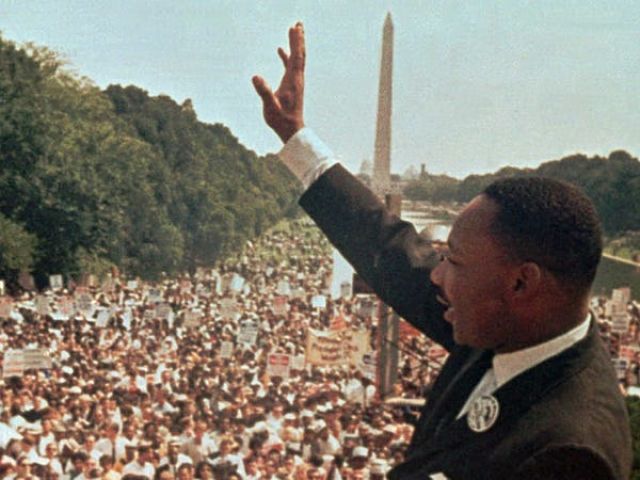 AP photo
AP photo
Opinion
By Tewodros Abebe
Published: Monday, August 30, 2010
Although I was familiar with the name Martin Luther King, Jr. during my teenage years in Ethiopia, I never had a full understanding of either the man’s fascinating story or the level of his greatness. That understanding came to me during my undergraduate years at an American college.
As a young student who had always been interested in the art of writing, I decided to take as many literature courses as I possibly could. One such course, among many, focused on styles of composition. The textbook designated for that particular course contained several pieces to illustrate different writing styles and genres. I enjoyed reading every single essay in that book, but one piece stood out: Letter from a Birmingham Jail by Rev. Dr. Martin Luther King, Jr. (MLK). My Dear Fellow Clergymen . . . that fascinating document began. I still remember the stunning effect Dr. King’s 1963 letter had on me as I read it for the first time. It was an eye-opening document that put before me the suffering, humiliation, and struggle that African-Americans had to endure in order to attain justice, equality, and civil rights. I never knew!
The eloquence of the letter and its sobering content were simply captivating. I read it again and again, as if Dr. King was speaking to me directly:
I am cognizant of the interrelatedness of all communities and states. I cannot sit idly by in Atlanta and not be concerned about what happens in Birmingham. Injustice anywhere is a threat to justice everywhere. We are caught in an inescapable network of mutuality, tied in a single garment of destiny. Whatever affects one directly, affects all indirectly. Never again can we afford to live with the narrow, provincial “outside agitator” idea.
Yes, I felt the letter was addressed to me and, at the same time, to every individual in every part of the world. I never anticipated that I would identify with Dr. King’s message so closely with such intensity. The letter prompted me to recall the chronic political turmoil and persecutions in my own country and in many African nations. It provoked me to ponder on the grimness of life for African children and the unspeakable human rights violations that governments commit against their own people. Nevertheless, I tried to maintain an optimistic outlook as Dr. King did in the closing remarks of his extraordinary letter:
Let us all hope that the dark clouds of racial prejudice will soon pass away and the deep fog of misunderstanding will be lifted from our fear drenched communities, and in some not too distant tomorrow the radiant stars of love and brotherhood will shine over our great nation with all their scintillating beauty.
Again, Dr. King’s closing remarks, I felt, should serve as cautionary words to a world that chose to focus on differences than the fundamental similarities of the human race.
The letter that introduced me to Dr. King’s writings inspired me to read more about him and his brilliant leadership of the Civil Rights Movement. Of course, the speech that transformed American society, which was delivered on August 28, 1963, at the Lincoln Memorial in Washington, D.C., remains my favorite: I Have a Dream. The speech, I realize, has been the subject of numerous books, articles, and documentaries. It is simply one of the most fascinating, thoughtful, and emotionally stirring speeches of modern times. I would not be surprised if it is one of the most quoted speeches in the world. As Dr. King’s Birmingham letter, I Have a Dream also has a universal appeal that speaks truth to all people of every nationality. Every time I watch the video of the speech or read its text, I feel something so profound that is very difficult to articulate. I Have a Dream, indeed, is a highly inspiring speech that gives tremendous hope to all people who are languishing under the brutal rules of wicked oppressors and ruthless dictators.
As we observe the forty-seventh anniversary of Dr. King’s historical speech, may all of us be mindful of the human understanding and connection that Martin Luther King, Jr. strived to nurture throughout his life. Like all great speeches, the powerful message that he successfully transmitted through I Have a Dream is applicable today, and to all people. Let us recognize the fact that, with faith and determination, people around the world, to use Dr. King’s own words, “will be able to transform the jangling discords” of their nations “into a beautiful symphony of brotherhood.”
Martin Luther King had a phenomenal dream. Let’s work on ours collectively.
—
Source: Art-Topia
Join the conversation on Twitter and Facebook.


























Just brilliant!
Absolutely brilliant! Thank you!
You spoke for me and for sure all Ethiopians. Thank you for writing such an outstanding article.
Very good article. {Deleted}
very good article